Webinar
Watch The Roadmap to Making Michigan the most Physically Active State in the Nation
Air Date/Time: 5/20/2024
What is the Michigan Physical Activity Plan?
The MPAP is a state-level version of the National Physical Activity Plan. While the national plan is a robust document that focuses on broad national strategies and tactics, the MPAP refines those strategies and tactics to the unique needs in the State of Michigan. Importantly, the MPAP will focus on implementing programs within the ten societal sectors of the plan, measuring the impact and outcomes of those programs on population health.
Why is the Michigan Physical
Activity Plan so Important?
Only 23.4% of Michigan residents meet the CDC recommendations for physical activity, ranking the state 24th nationally in physical activity levels. The public health and economic costs of inactivity are staggering; costing over $117 billion dollars (nationally) on an annual basis. In order to ensure sustainable policy and systems change around physical activity the Michigan Moves Coalition is partnering with the Michigan Department of Health & Human Services to create a clear roadmap to help Michiganders move more.
The status quo is clearly not working and the siloed approach that currently exists in the state of Michigan is not moving the needle on physical activity levels. Many groups in the State are doing great work to improve physical activity, but the fragmented nature of the work limits impact and effectiveness. The MPAP will be the guiding document to create a movement for movement in the State of Michigan, ultimately amplifying the impact of the physical activity community.
When and How is this Happening?
The Michigan Moves Coalition is working with its partner organizations and the State’s esteemed academic institutions to develop the plan using frameworks provided by the Physical Activity Alliance. The high-level timeline is as follows:
- 2024: Organizational Capacity & Coalition Building
- 2025: Funding, Organizing, & Authoring the MPAP
- 2026: Implementing targeted Sectoral Programs
- 2027: Surveillance & Data Collection of Targeted Sectoral Programs
- 2028 & Beyond: Continuous Implementation, Surveillance & Data Collection of Programs in all Societal Sectors
Michigan Physical Activity Plan –
Overarching Priorities
- Implementable Outcomes: Create comprehensive implementation guides for sector physical activity initiatives with defined steps, outcomes, and resource needs, while providing continuous training to ensure skillful program execution and sustainability in diverse settings.
- Evaluation, Surveillance, and Accountability: Establishing evaluation frameworks with analytics tools for assessing and improving the effectiveness of sector physical activity programs, alongside a robust system to monitor guideline adherence and program efficacy. Implement a public reporting system to transparently share results, increasing accountability and community engagement to continuously support and refine sector physical activity initiatives in diverse settings.
- Collaboration and Partnerships: Strengthen partnerships across all societal sectors to pool resources and expertise, ensuring the integration of sector physical activity into broader public health efforts and the sharing of best practices. Foster cross-sector collaborations, particularly with corporate partners, to ensure broad sustainable implementation.
- Prioritizing Policy Development: Advocate for comprehensive, evidence-based sectorial physical activity policies and systems that prioritize creating accessible, safe environments for physical activity in all societal sectors. These policies should be regularly evaluated to adapt to the dynamic needs of Michigan’s diverse population, ensuring alignment with national recommendations and structured efforts to boost physical activity and improve public health outcomes statewide.
Health Parity: Focus on ensuring all residents have the opportunity to engage in physical activity. Tailor programs to meet the varied needs of different communities, invest in underserved areas and address barriers such as cost and transportation. This approach will enrich the effectiveness of community-led initiatives and promote broader participation.
- Sustainable Impact: Focus on building sustainable sector physical activity programs in Michigan by establishing enduring policies and systems that adapt to community needs and economic changes, with strategies including securing stable funding through state appropriations, private partnerships, and grants. Enhance long-term viability and environmental sustainability by fostering community ownership, investing in low-maintenance, multi-use infrastructures, and implementing green practices, ensuring these initiatives remain integral to Michigan’s public health strategy.

